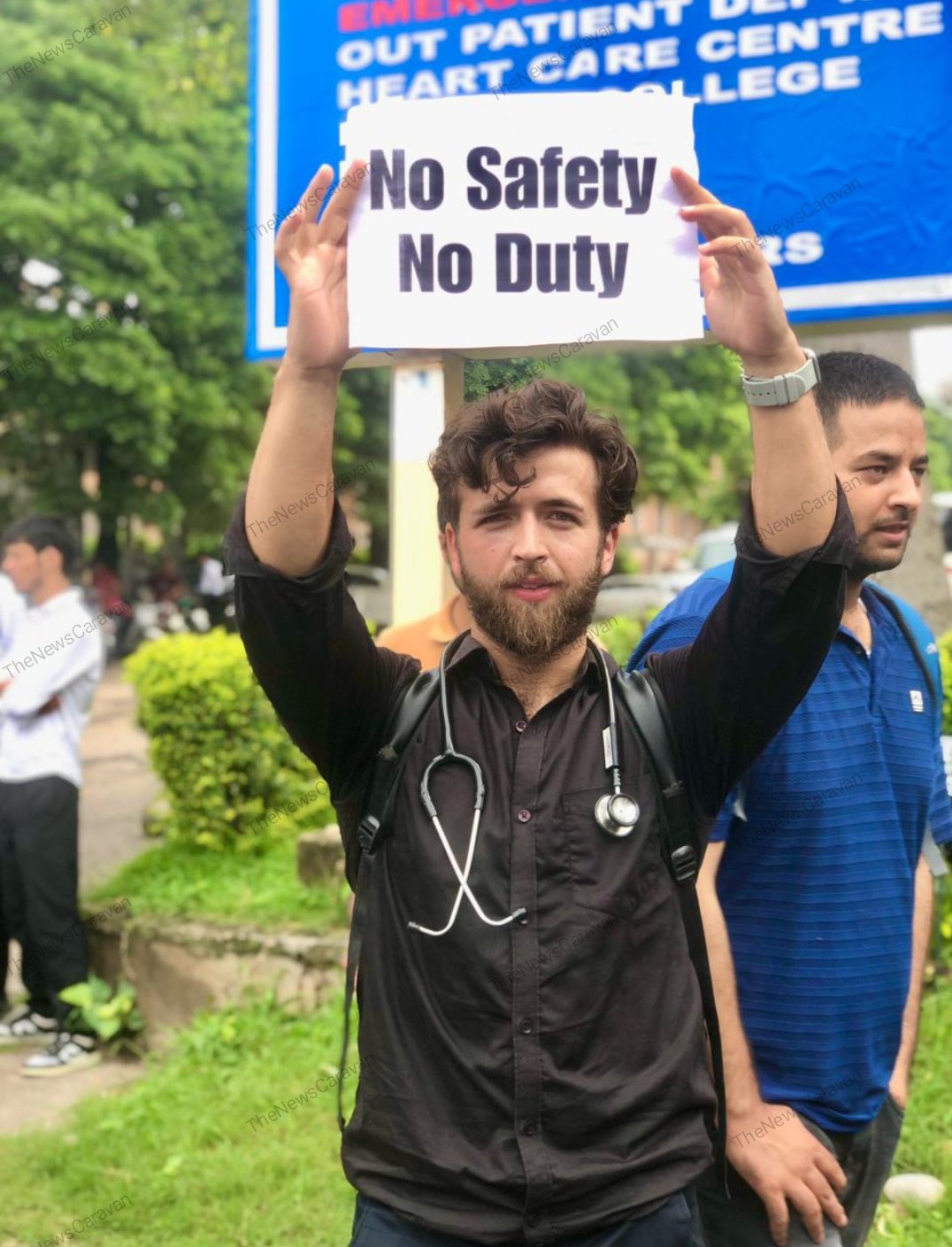[ad_1]
On a freezing winter evening more than 20 years ago, Darrell Night was picked up by police as he left a party in an apartment building in the Canadian city of Saskatoon.
As they drove him to the edge of the city, Night, who was drunk at the time, began to grow fearful. For years, he’d heard stories of so-called “starlight tours” in which the police abandoned Indigenous people in the bitter cold.
“I thought I was dead. All those rumours I heard in the past they were all coming true,” he said in the documentary Two Worlds Colliding. “I told them ‘I’ll freeze to death out here, you guys … The driver said: ‘Thats your f-ing problem’… and then they drove away.”
On that evening in January 2000, the temperature hovered at around -25C (-13F). Night was wearing only a light denim jacket, and didn’t have any gloves or a hat. He managed to survive after finding a nearby power plant and pounding on a door in a desperate attempt to get help.
He credited his survival to chance: he knew the location where he’d been dropped and the only place where he could run to safety. But a few days later two other men – Rodney Naistus and Lawrence Wegner – were found frozen to death in the same area Night had been dropped off.
During a traffic stop, Night decided to tell a veteran police officer about his experience.
That conversation eventually led to an exposé of one of the country’s worst examples of racism in policing, straining the public’s trust in the force and highlighting the deep mistrust Indigenous peoples held against the city’s police.
After Night died earlier this month aged 56, the Cree man has been as hailed as a selfless figure who exposed the brutality of the police force.
University of Alberta professor Tasha Hubbard, who directed the documentary Two Worlds Colliding, said Night’s decision to come forward showed “tremendous courage”.
“He had real empathy for the men who had died,” she told the Guardian. “I think he felt that responsibility to speak up.”
Night died on 2 April and a wake and funeral were recently held at the band hall of the Saulteaux First Nation in Saskatchewan.
The province continues to grapple with the reality of police violence against Indigenous people. Boden Umpherville, 40, was hospitalised in early April after he was Tasered, pepper sprayed and beaten with police batons during an arrest. His family is preparing to take him off life support and the police watchdog is investigating.
Night’s story shocked Saskatoon residents two decades ago but confirmed what many Indigenous people had suspected or experienced. It prompted an investigation by the Royal Canadian Mounted Police, police firings, criminal charges and a public inquest.
The intense public scrutiny also led investigators to revisit the case of Neil Stonechild, a 17-year-old Cree teen who was found dead in a field in the north-west outskirts of Saskatoon in 1990. Temperatures when he was last seen were close to -30 degrees.
At the time, Saskatoon police initially investigated the death and determined that there was no evidence of foul play, but his family claimed the death was never properly investigated.
A public inquest found that police conducted a “superficial and totally inadequate investigation” into the death of Stonechild” and that the teen was last seen bloody and in a police vehicle, but investigators were unable to determine the exact circumstances that led to his death.
Police initially suggested the allegations against officers involved in the “starlight tours” were isolated incidents, but in 2003, Saskatoon police chief Russell Sabo admitted there was a possibility that the force had driven other Indigenous people to the city limits and left them in the cold, including a woman in 1976, according to reporting by the Saskatoon StarPhoenix.
Officers Dan Munson and Ken Hatchen, who abandoned Night that January evening, were later found guilty of unlawful confinement. Both were fired and sentenced to six months in jail.
“[They] have given me a different perspective towards the police,” Night said in his victim impact statement. “I have no trust whatsoever towards policemen.” The province’s court of appeal upheld the Hatchen and Munson convictions in 2003.
In recent years, the police force has been accused of removing references to “starlight tours” on Wikipedia, according to reporting by the StarPhoenix. Police acknowledged to the newspaper that the entry had been “deleted using a computer within the department” but said investigators couldn’t determine who attempted to delete the entry.
Despite multiple public inquiries into the practice, no Saskatoon police officer has been convicted for their role in the freezing deaths of any Indigenous men.
“Darrell Night understood that he wasn’t just speaking for himself when he came forward. There was a sense of responsibility for others,” said Hubbard. “And it’s a real statement to the legacy of courage he’s left us with.”
[ad_2]
#Darrell #Night #exposed #Canada #police #freezing #deaths #scandal #dies
( With inputs from : www.theguardian.com )










